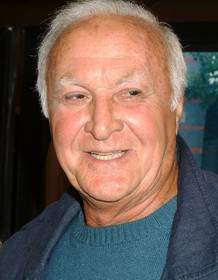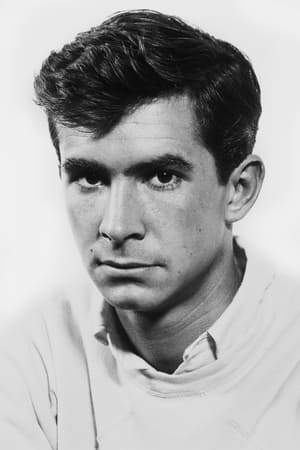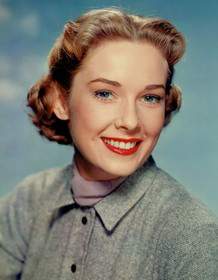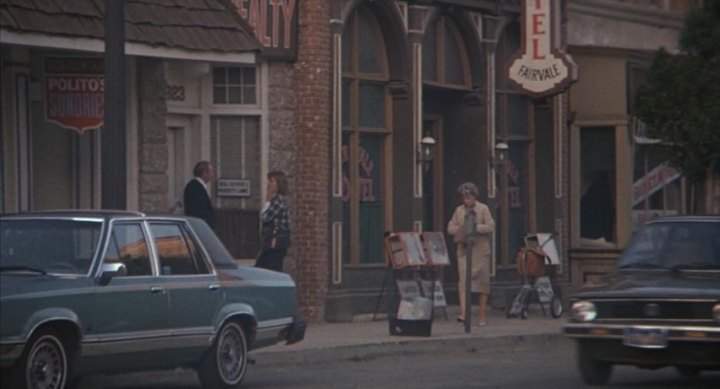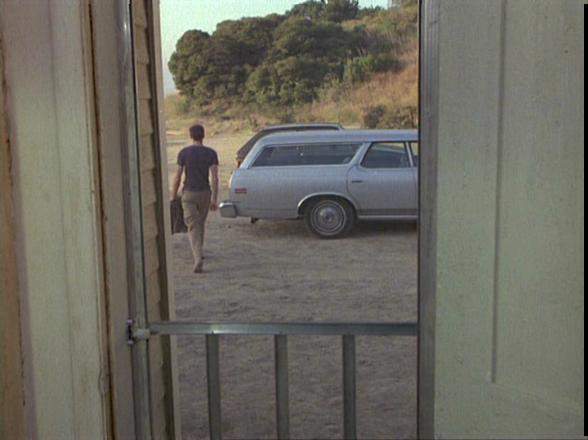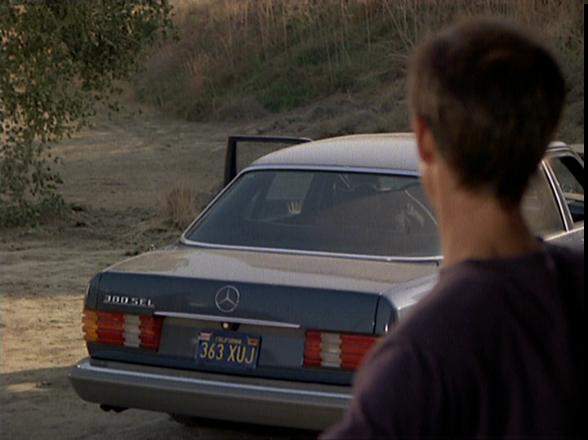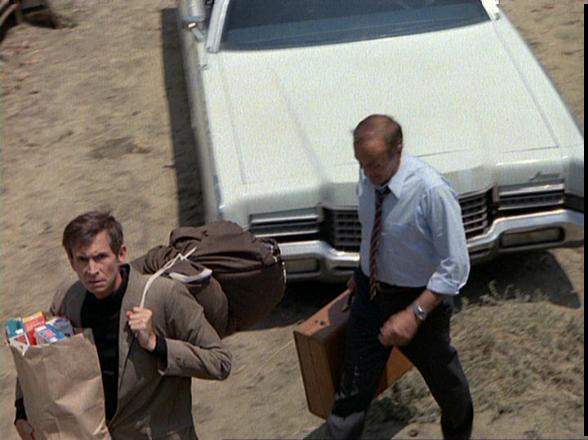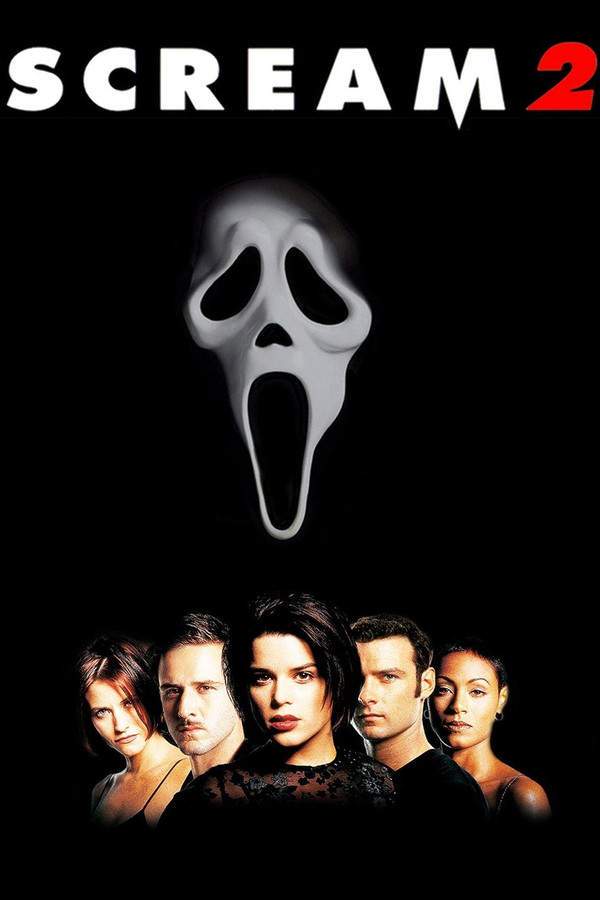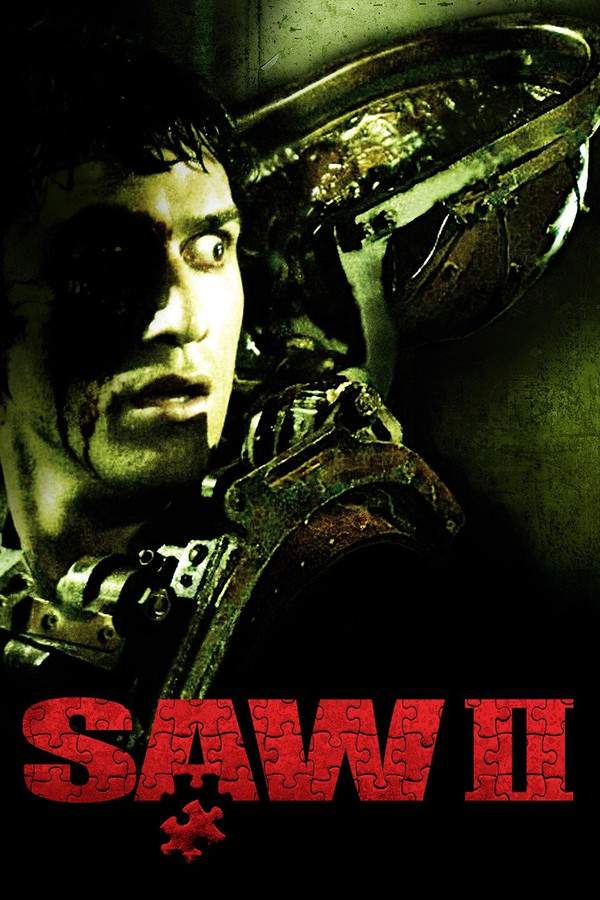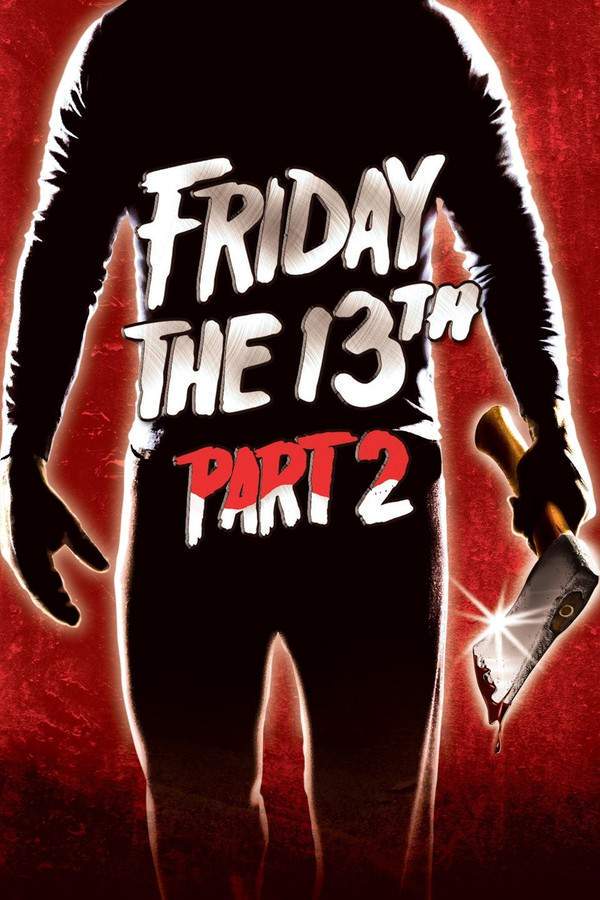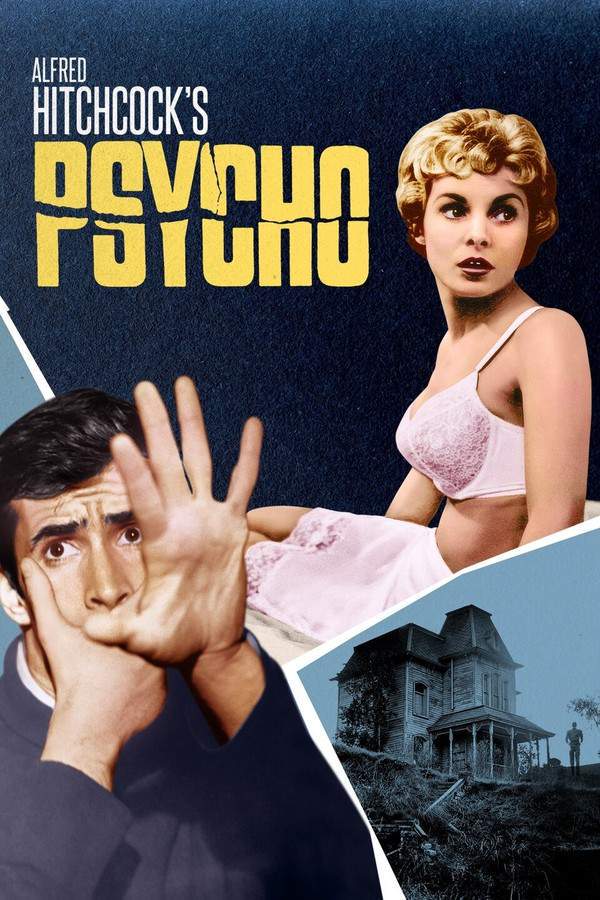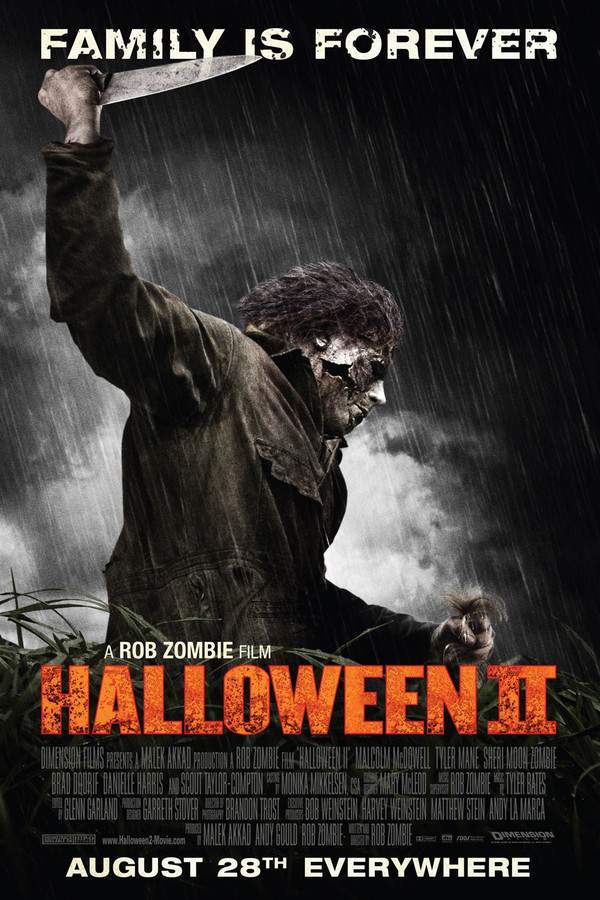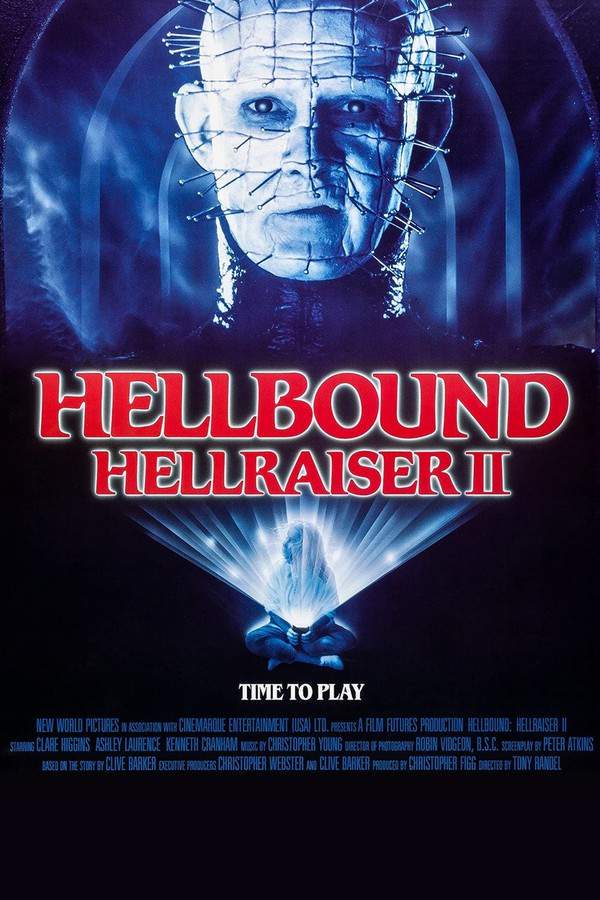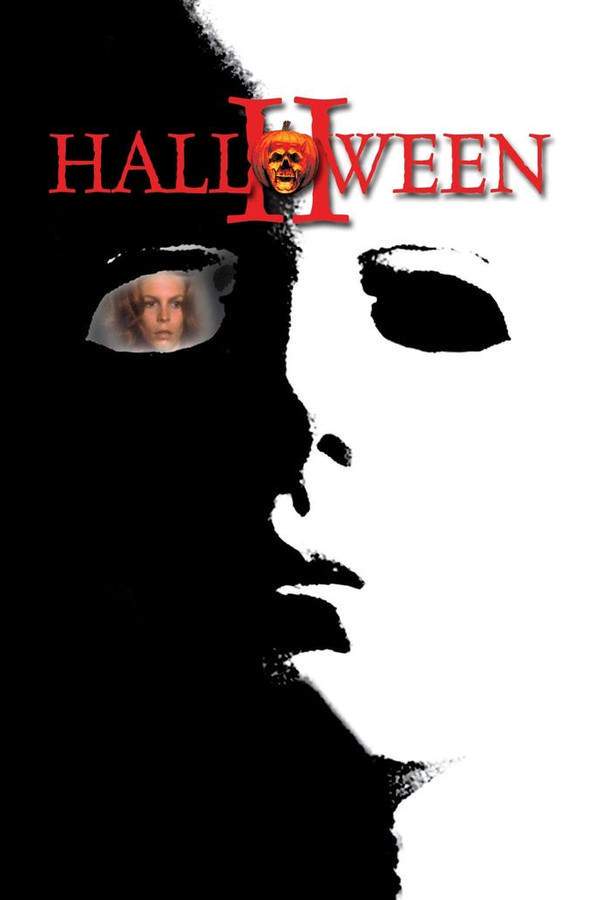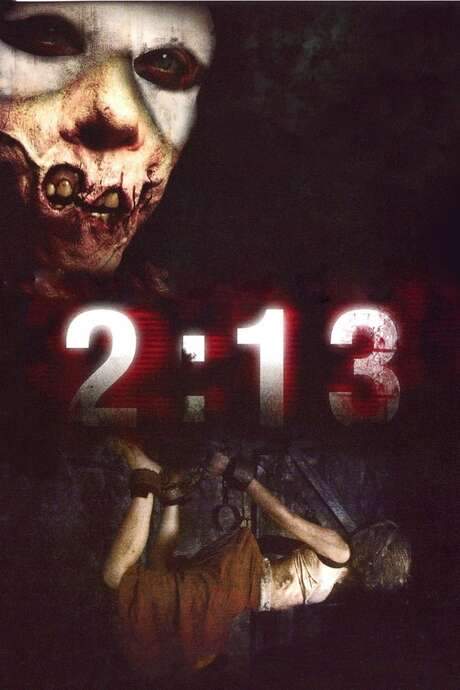Psycho II 1983
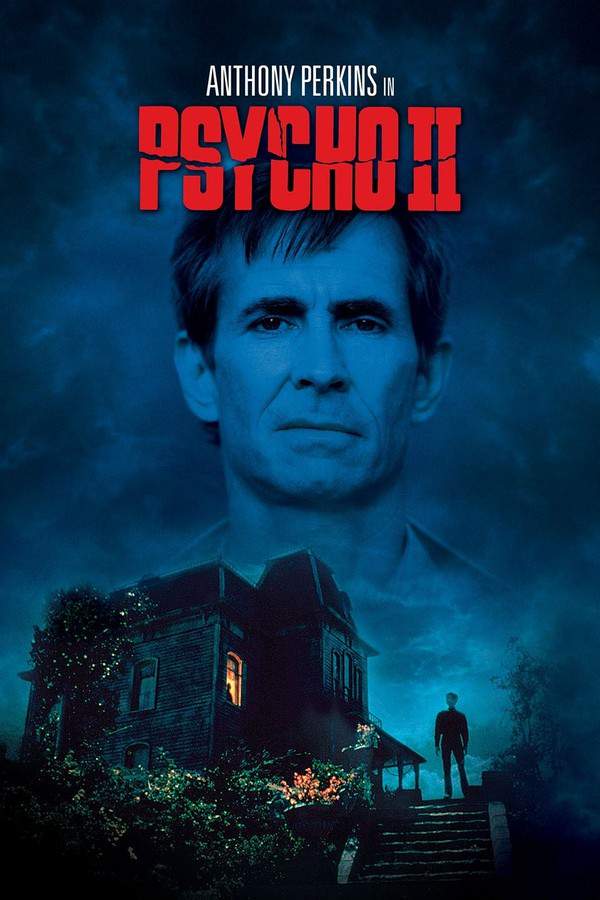
After two decades, Norman Bates attempts to move on from his troubled past, but the haunting influence of "Mother" resurfaces. Under the care of Dr. Warren Toomey, Norman tries to build a new life, but his fragile mental state begins to deteriorate. As disturbing memories and voices return, he struggles to distinguish reality from delusion, and the possibility of repeating his past crimes looms large.
Does Psycho II have end credit scenes?
No!
Psycho II does not have end credit scenes. You can leave when the credits roll.
Meet the Full Cast and Actors of Psycho II
Explore the complete cast of Psycho II, including both lead and supporting actors. Learn who plays each character, discover their past roles and achievements, and find out what makes this ensemble cast stand out in the world of film and television.
External Links and Streaming Options
Discover where to watch Psycho II online, including streaming platforms, rental options, and official sources. Compare reviews, ratings, and in-depth movie information across sites like IMDb, TMDb, Wikipedia or Rotten Tomatoes.
Ratings and Reviews for Psycho II
See how Psycho II is rated across major platforms like IMDb, Metacritic, and TMDb. Compare audience scores and critic reviews to understand where Psycho II stands among top-rated movies in its genre.

54
Metascore
7.2
User Score


%
TOMATOMETER

0%
User Score

6.6 /10
IMDb Rating

65
%
User Score
Take the Ultimate Psycho II Movie Quiz
Challenge your knowledge of Psycho II with this fun and interactive movie quiz. Test yourself on key plot points, iconic characters, hidden details, and memorable moments to see how well you really know the film.
Psycho II Quiz: Test your knowledge about the 1983 psychological thriller Psycho II and its intricate plot twists.
Who is the psychiatrist that deems Norman Bates mentally sound?
Dr. Bill Raymond
Dr. Sam Loomis
Dr. Hannibal Lecter
Dr. Alfred Hitchcock
Show hint
Full Plot Summary and Ending Explained for Psycho II
Read the complete plot summary of Psycho II, including all major events, twists, and the full ending explained in detail. Explore key characters, themes, hidden meanings, and everything you need to understand the story from beginning to end.
Norman Bates, portrayed by Anthony Perkins, is granted his freedom after spending 22 years institutionalized, having been deemed mentally fit by his psychiatrist, Dr. Bill Raymond, played by Robert Loggia. However, not everyone is pleased with Norman’s release. Lila Loomis, sister of Marion Crane—one of Norman’s past victims, assumes a critical role as she arrives at the hearing to voice her objections. Armed with a petition signed by 743 individuals against his return to society, Lila expresses her fierce disapproval. Her determination is fueled by her connection to Marion, whose tragic fate intertwines with Norman’s dark past. When the judge dismisses Lila’s concerns, she resolves to ensure that Norman cannot walk free.
Dr. Raymond takes Norman back to the eerie Bates mansion, nestled ominously behind the Bates Motel. Upon arrival, Norman hesitates, sensing remnants of his past haunting him. The familiar house is cloaked in dust and shrouded memories, prompting Dr. Raymond to advise caution against dwelling on the past. Despite the unsettling atmosphere, Norman insists this is his home, unaware of the menacing echoes of his former life. Once Dr. Raymond departs, Norman finds a note purportedly from his mother stating, “Norman, I’ll be home late. Fix your own dinner. Love, M.” Soon, Norman’s nerves escalate as he imagines hearing Mother’s voice beckoning him from her room, stirring fragmented and dark memories from his youth.
As his journey resumes, Norman starts a new chapter working at a diner, where he encounters a variety of characters, including the kind-hearted Emma Spool, played by Claudia Bryar, and a troubled waitress named Mary Samuels, represented by Meg Tilly. When Mary faces a personal crisis, Norman offers her shelter at the motel, a kind act that alters both their lives. However, lurking beneath the surface are lingering shadows of Norman’s fractured psyche that threaten to resurface.
Tensions rise as Norman is confronted by Warren Toomey, the current motel owner, played by Dennis Franz. This confrontational relationship escalates, and after resigning from the diner, Norman is increasingly troubled by a series of ominous notes that he believes come from his deceased mother, an illusion that teeters between haunting and hallucination. Lila Loomis, under the guise of Mother, orchestrates cell phone calls that unhinge Norman further, reflecting the downward spiral of his mental state.
Throughout twisted events—a veiled murder in the motel basement, Norman’s fragile cooperation with law enforcement, and explosive confrontations with Mary—realities blur, and the line between sanity and insanity begins to erode. In a climactic battle for control, each character’s role shifts, exposing secrets and motives. Ultimately, Norman is left grappling with the tragic consequences of a life intertwined with violence and haunting familial ties.
As the narrative culminates, the returning presence of Mother, twisted and insidious, guides Norman’s fate towards a final unraveling—a confrontation with legacy, lineage, and an ominous future awaiting within the walls of the Bates abode. Norman, once again beneath the suffocating grip of insanity, embraces his haunting lineage, setting the stage for an unsettling continuation of the Bates Motel saga.
Uncover the Details: Timeline, Characters, Themes, and Beyond!

Coming soon on iOS and Android
The Plot Explained Mobile App
From blockbusters to hidden gems — dive into movie stories anytime, anywhere. Save your favorites, discover plots faster, and never miss a twist again.
Sign up to be the first to know when we launch. Your email stays private — always.
Watch Trailers, Clips & Behind-the-Scenes for Psycho II
Watch official trailers, exclusive clips, cast interviews, and behind-the-scenes footage from Psycho II. Dive deeper into the making of the film, its standout moments, and key production insights.
Cars Featured in Psycho II
Explore all cars featured in Psycho II, including their makes, models, scenes they appear in, and their significance to the plot. A must-read for car enthusiasts and movie buffs alike.
Psycho II Themes and Keywords
Discover the central themes, ideas, and keywords that define the movie’s story, tone, and message. Analyze the film’s deeper meanings, genre influences, and recurring concepts.
Psycho II Other Names and Titles
Explore the various alternative titles, translations, and other names used for Psycho II across different regions and languages. Understand how the film is marketed and recognized worldwide.
Similar Movies To Psycho II You Should Know About
Browse a curated list of movies similar in genre, tone, characters, or story structure. Discover new titles like the one you're watching, perfect for fans of related plots, vibes, or cinematic styles.
Quick Links: Summary, Cast, Ratings, More

What's After the Movie?
Not sure whether to stay after the credits? Find out!
Explore Our Movie Platform
New Movie Releases (2026)
Famous Movie Actors
Top Film Production Studios
Movie Plot Summaries & Endings
Major Movie Awards & Winners
Best Concert Films & Music Documentaries
Movie Collections and Curated Lists
© 2026 What's After the Movie. All rights reserved.



